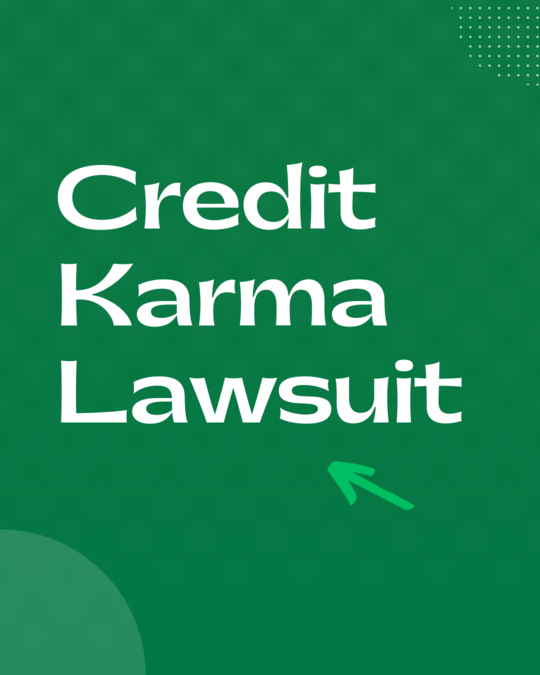
As a result of the Credit Karma lawsuit, you may have a financial claim if you ever applied for a credit card or loan as a result of Credit Karma informing you that you were “preapproved”, only to be rejected by the issuer. Recently, this behavior of being falsely “preapproved” has been called out by the Federal Trade Commission (FTC), and Credit Karma agreed to pay a $3 million settlement fee. This means consumers who were declined for a card or loan they applied for because they were ‘preapproved’ may be owed cash.
Who is Credit Karma?
Credit Karma is a company that provides consumers the ability to view their credit and credit scores without paying a fee. Through its service, users were able to get recommendations about which cards to apply for as well as seemingly helpful ‘preapproval’ odds of 90% or higher. This altruistic initiative seemed like the perfect way to make sure people are able to get the best financial advice available.
If it’s Free, it Must Be Good. Right?
Well, first, let’s take a look at what you’re getting for “Free”. There are upwards of 14 different credit models currently in use by different creditors, each designed to provide the best results for a particular industry. That’s why when you look at a credit score pulled by a mortgage company can vary from a credit score pulled by your local car dealership. Sure, the scores may all be coming from the big three credit bureaus: Equifax, Experian and TransUnion, but the mathematical model used for each industry can vary.
Therefore, when you get a credit score from Credit Karma, the score you are given may not equate to whatever credit you may be applying for.
What are you giving up in exchange for this “free” service? Just like with the credit bureaus themselves, you’re giving up some of your private information, namely your credit score, so that companies can solicit you with credit cards and debt-consolidation loan offers.
Is it worth it? That’s entirely up to you. Personally, until recently, I’ve used Credit Karma for years just to give me a warning of sorts if my credit score was dropping, so that I can investigate the reason why. I’ve never used them to apply for credit.
Why is There a Class Action Lawsuit Against Credit Karma?
Recently, the Federal Trade Commission discovered that the preapproval odds provided by Credit Karma were far from realistic. According to the FTC’s complaint against Credit Karma, these “odds” weren’t actually based on the potential client’s credit profile and were vastly exaggerated. Thus, customers had false expectations of being approved for certain cards if they followed Credit Karma’s recommendations.
Guilty of False Hope?
The Federal Trade Commission (FTC) has recently taken action against Credit Karma in the form of a hefty fine – to the tune of $3 million. This money will be paid to the FTC, who will then distribute it to individuals who have been wronged by Credit Karma’s misleading claims of “preapprovals” from certain credit card issuers. It is possible those affected can receive some financial restitution if they were rejected by a card issuer after receiving the preauthorization from Credit Karma.
How Much Can I Claim from the Credit Karma Lawsuit?
At this time any potential customers owed this payment are still up in the air, as everything is in its early stages. These issues and others raised by members of the public were open for discussion and argument through October 1st. The FTC will now consider all comments before making their final decision on how this fine should be distributed.
How Do I Request a Claim from the Credit Karma Lawsuit?
For additional information and to apply for a claim through the Credit Karma Lawsuit Settlement, click on this link – https://www.ftc.gov/enforcement/refunds/credit-karma-settlement
For additional information on how to improve your credit scores or possibly have items removed from your credit, check out these links below.
How to Get an 800 Credit Score
How Credit Utilization Affects Your Credit Score





